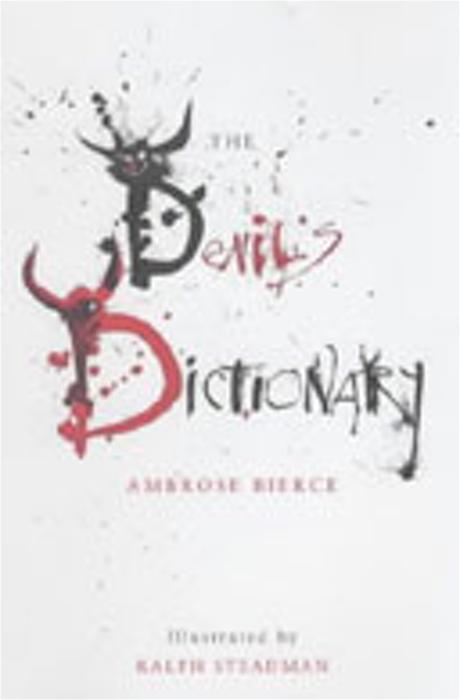In comparing Momoh's delineations with Oruka's, it can be said that the purist school encompasses Oruka's ethnophilosophy, artistic/literary school and philosophic sagacity The African logical neo-positivism encompasses professional philosophy and the hermeneutical schools and the ideological and colonial/missionary schools correspond to Oruka's nationalistic-ideological school. The Egyptological school, therefore, remains outstanding. Momoh sees it as a school which sees African philosophy as synonymous with Egyptian philosophy or at least as originating from it. Also, Egyptian philosophy as a product of African philosophy is also expressed in the writings of I. C. Onyewuenyi and Henry Olela.
About | Custom Made Metal Palm Trees - Designer Palms
Keita went on in that paper to excavate intellectual resources to prove his case, but it was J. I. Omoregbe who tackled the demoters on every front. Of particular interest are his critical commentaries on the position of Kwasi Wiredu and others who share Wiredu's opinion that what is called African philosophy is not philosophy but community thought at best. Omoregbe alludes that the logic and method of African philosophy need not be the same as those of Western philosophy, which the demoters cling to. In his words:
African Philosophy, History of | Internet Encyclopedia of
This emerging school thrives on fulfilling the yearning of the professional/modernist school to have a robust individual discourse as well as fulfilling the conviction of the traditionalists that a thorough-going African philosophy has to be erected on the foundation of African thought systems. They make the most of the criterion which presents African philosophy as a critical tradition that projects individual discourses from the thought system of Africa. Some prominent members of this school include Pantaleon Iroegbu, Bruce Janz, Jonathan Chimakonam, Jennifer Vest, Innocent Asouzu and Ada Agada to name a few. Their projects promote partly the movements of Afro-eclecticism and fully the conversationalism of the later, new period respectively.
Margies Garden | Growing...Faith, Family, Gardens, Quilts
The works of the Eclectics heralded the emergence of the New Era in African philosophy. The focus becomes the Conversational philosophizing, or Conversationalism, in which the production of philosophically rigorous and formidable African episteme better than what the Eclectics produced occupied the center stage. It is eclectic in that the ideals of traditional and universal African philosophy are combined. But above all, it is conversational eschewing perverse dialogues and concentrating on individual creativity, originality and reconstruction.
For its concerns, the middle era of African philosophy is characterized by the great debate. Those who seek to clarify and justify the position held in the early epoch and those who seek to criticize and deny the viability of such position entangled themselves in a great debate. Some of the actors on this front include, C. S. Momoh, Robin Horton, Henri Maurier, Lacinay Keita, Peter Bodunrin, Kwasi Wiredu, Kwame Gyekye, Richard Wright, Barry Halen, Joseph Omoregbe, C. B. Okolo, Theophilus Okere, Paulin Hountondji, Gordon Hunnings, Odera Oruka and A. F. Uduigwomen to name a few.
Eclecticism survived in the New Era of African philosophy in conversational forms. Godfrey Ozumba and Jonathan Chimakonam on Njikoka philosophy, E. G. Ekwuru and later Innocent Egwutuorah on Afrizealotism and even Innocent Asouzu on Ibuanyidanda ontology are all various forms of eclectic thinking. However, these theories are grouped in the New Era specifically for the time of their emergence and the conversational structure they have.
Racialism, as Ruch and Anyanwu believed, may have sparked it off and slavery may have dealt the heaviest blow, but it was colonialism that entrenched it. Ironically, it was the same colonialism at its stylistic conclusion that opened the eyes of the African by stirring the hornet's nest. Trouble started when the departing colonialists let the Africans know, to their humiliation, that the colonial identity they brandished was a fake one. An African can never be a British or French even with the colonially imposed language and culture. With this shock, the post colonial African philosophers of the early period set out in search of Africa's lost identity.
Uduigwomen states that the eclectic school holds that an intellectual romance between the Universalist conception and the Particularist conception will give rise to an authentic African philosophy. The Universalist approach will provide the necessary analytic and conceptual framework for the Particularist school. Since, according to Uduigwomen, this framework cannot thrive in a vacuum, the Particularist approach will in turn supply the raw materials or indigenous data needed by the Universalist approach. From the submission of Uduigwomen above, one easily detects that Eclecticism for him entails employing Western methods or African paraphernalia.
The middle period of African philosophy is also an era of the twin-movement called Afro-constructionism and afro-deconstructionism, otherwise called the great debate, when two rival schools-Traditionalists and Universalists clashed. While the Traditionalists sought to construct an African identity based on excavated African cultural elements, the Universalists sought to demolish such architectonic structure by associating it with ethnophilosophy. The schools that thrived in this era include Philosophic Sagacity, Professional/Modernist/Universalist, Afro-hermeneutical and Literary schools.
A move to the Midwest and many anniversaries later, Wendell asked himself a question like most men, what do I do this year? After long thoughts and planning Wendell decided to build Helen a Palm tree sculpture, that would remind her of a home long ago.

"Nyerere ujamaa-essays socialism in the bible" in pictures. More images "Nyerere ujamaa-essays socialism in the bible".

